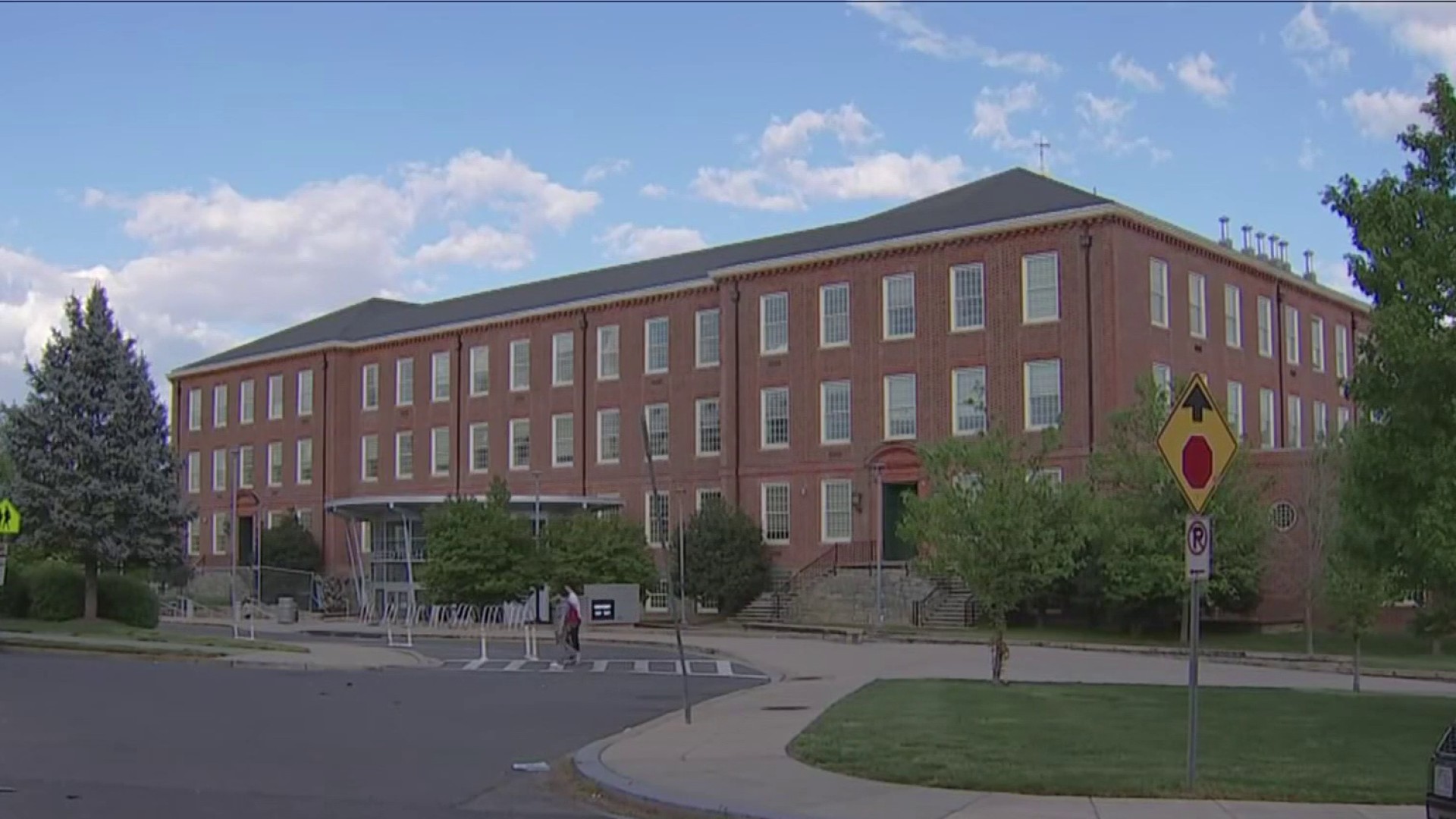A group of families joined the Maryland Crime Victims Resource Center to voice their opposition to “second look” policies for criminal sentencing, which the Maryland court of appeals will consider when it meets Monday morning.
The proposal before the Court of Appeals would allow offenders convicted before the age of 25 or those at least 60 years old to ask a judge for a reduced sentence. The request can also only be made after the person has served at least 15 years.
Richard and Dawn Collins were one of the families who spoke up against second look policies. Their son, Lt. Richard Collins III, was a former Bowie State student who was murdered on the campus of the University of Maryland days before he was set to graduate.
Under second look policies, the 25-year-old who murdered Collins would be eligible to seek a reduced sentence in his 40s.
We're making it easier for you to find stories that matter with our new newsletter — The 4Front. Sign up here and get news that is important for you to your inbox.
"As far as sentencing or change in sentencing, the victim’s voice needs to be considered,” Mr. Collins said.
The couple argued Wednesday that participating in sentence reduction hearings re-traumatizes victims and their families and denies them finality in their case.
"This movement shows a deep insensitivity or a deliberate blind eye toward a community who should be, at least, near the center of the subject and that is the victim of violent crime,” said Kurt Wolfgang, executive director of the Maryland Crime Victims Resource Center.
Local
Washington, D.C., Maryland and Virginia local news, events and information
But some advocates of the proposal, like Josh Rovner, a senior advocacy associate for The Sentencing Project, argued that victims are not a monolith and some support the changes.
“When people are charged with a crime, it’s the state, it’s the county, that brings the charges, not individuals. Those are civil cases,” Rovner said. “And so that’s why the voice of the victim is one of many voices that should be heard under these circumstances."
Support for second look laws stems from widely accepted scientific evidence showing the human brain isn’t fully developed by age 18.
“I think we can agree that everyone is entitled to show whether they are the same person that they were in their late teens, early 20s,” Rovner said.
Applying for a new sentence will not guarantee that a judge grants one, according to Rovner, and some applications are likely to be rejected.
“To understand that a person can present themselves as more than the worst thing they’ve ever done, that they’ve changed from the person who committed a terrible offense into one who can contribute, that’s up to a judge to decide. It’s not up to me, and that’s not up to the crime victims to decide either,” Rovner said.
A number of Maryland state attorneys have spoken in opposition to this rule change. Among the groups supporting it is the Maryland Office of the Public Defender.
A court could rule as early as next week.



